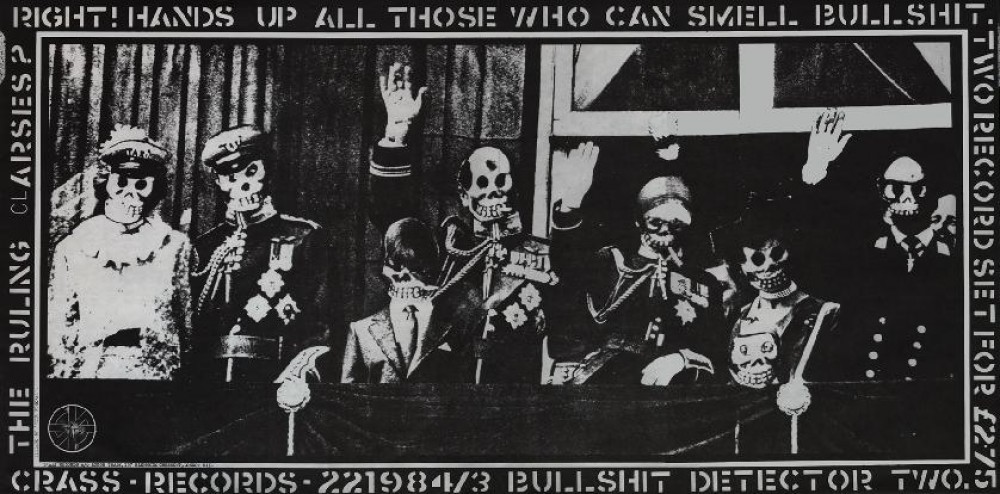I have a co-authored chapter with fellow BCMCR/Interactive Cultures member Tim Wall, concerning punk fanzines,soon to be published in an edited collection of writings on punk rock and politics.
Here is the chapter abstract;
Matt Grimes & Tim Wall
Birmingham Centre for Media and Cultural Research
Birmingham City University
Anarcho-punk webzines
Transferring symbols of defiance from the print to the digital age?
What role do specialised publications play in the consumer’s experience of sub-cultures, music and the shaping of its meanings? Drawing on ideas from authors such as Teal Triggs (1995 & 2006), Chris Atton (2001) Marion Leonard (2007), this chapter explores this role through the pages and practices of British anarcho-punk fanzines, in their print and online incarnations.
Fanzines have long been regarded as representing the underground, independent, or the alternative to mainstream publishing as the communities that develop around fanzines are both consumers and (at times) the producers. When punk emerged, fanzines soon became one of the main means of communicating the ethos and values of this new subcultural and its musical style, as their production and distribution practices already embodied some of the cultural practices developing within the DIY approach of punk. Our concern in this chapter is with the role of the fanzine as arbiter of taste, its ability to articulate a specific (often oppositional) ideological position, and its construction of discourses of authenticity. We will also examine the role of the fanzine as an element in the construction of musical scenes, and in the identity and sub-cultural capital of its producers and readership. Our analysis focuses primarily on the specificities of ‘British anarcho-punk’ fanzines of the 1980s where discourses of defiance and opposition are constructed, embodied and reinforced within the anarcho-punk sub-cultural movement.
While it may be assumed that the practices and associations of the printed fanzine have simply migrated online, we examine and evaluate the continuities and discontinuities between the print and online incarnations, and the role that they play in constructing the ideology and identities of anarcho-punks. Using search criteria to identify those online versions that identify themselves as digital online punk ‘zines’, I seek to determine whether the same or similar articulations of defiance, anarchism and anti-authoritarianism are apparent in the digital texts. This essay assesses the extent to which the same discourses and discursive practices are apparent in other online punk ‘zines’, such as e-zines and per-zines. In doing so examines how the inclusion of the term ‘zine’, within the meta data of their digital manifestations, is used in the wider commercial and cultural context.

